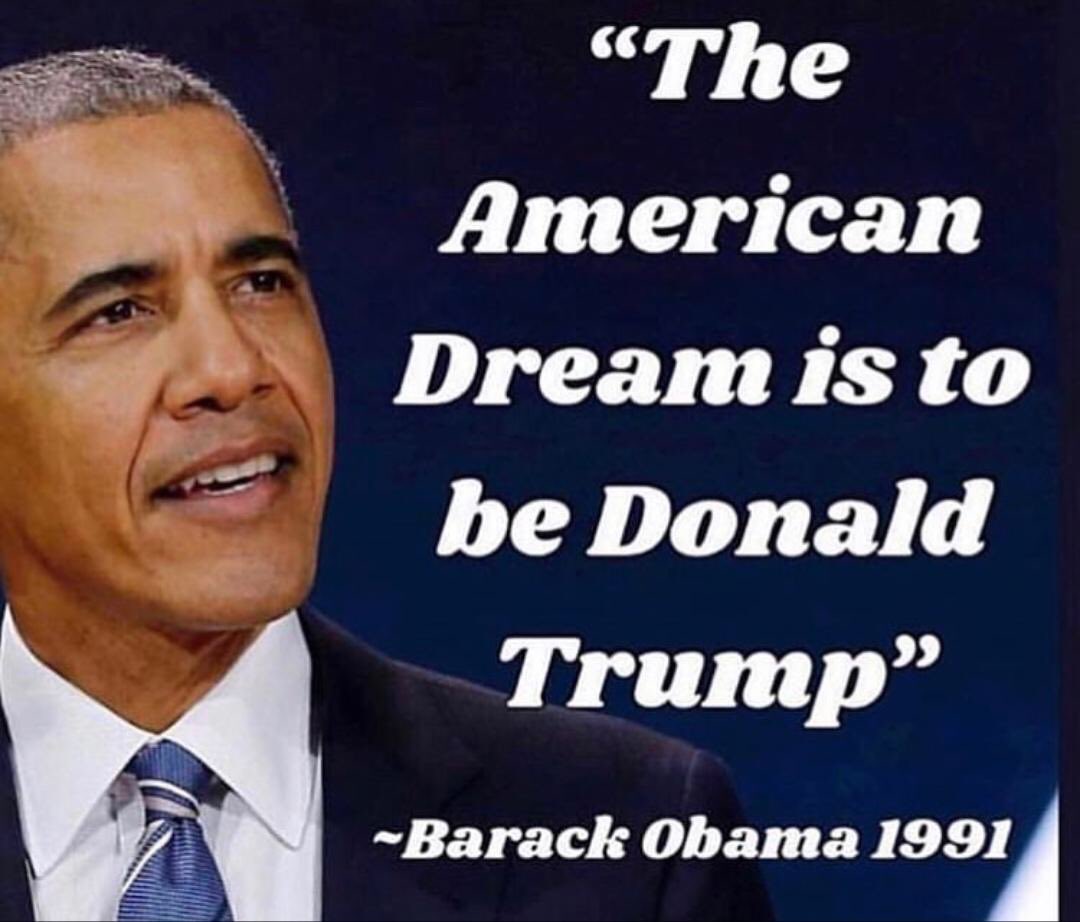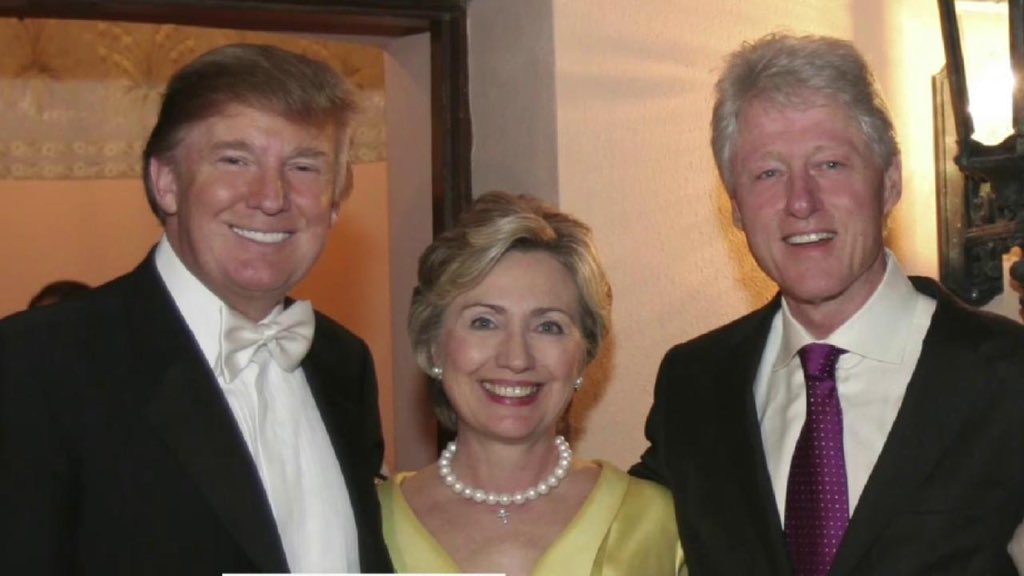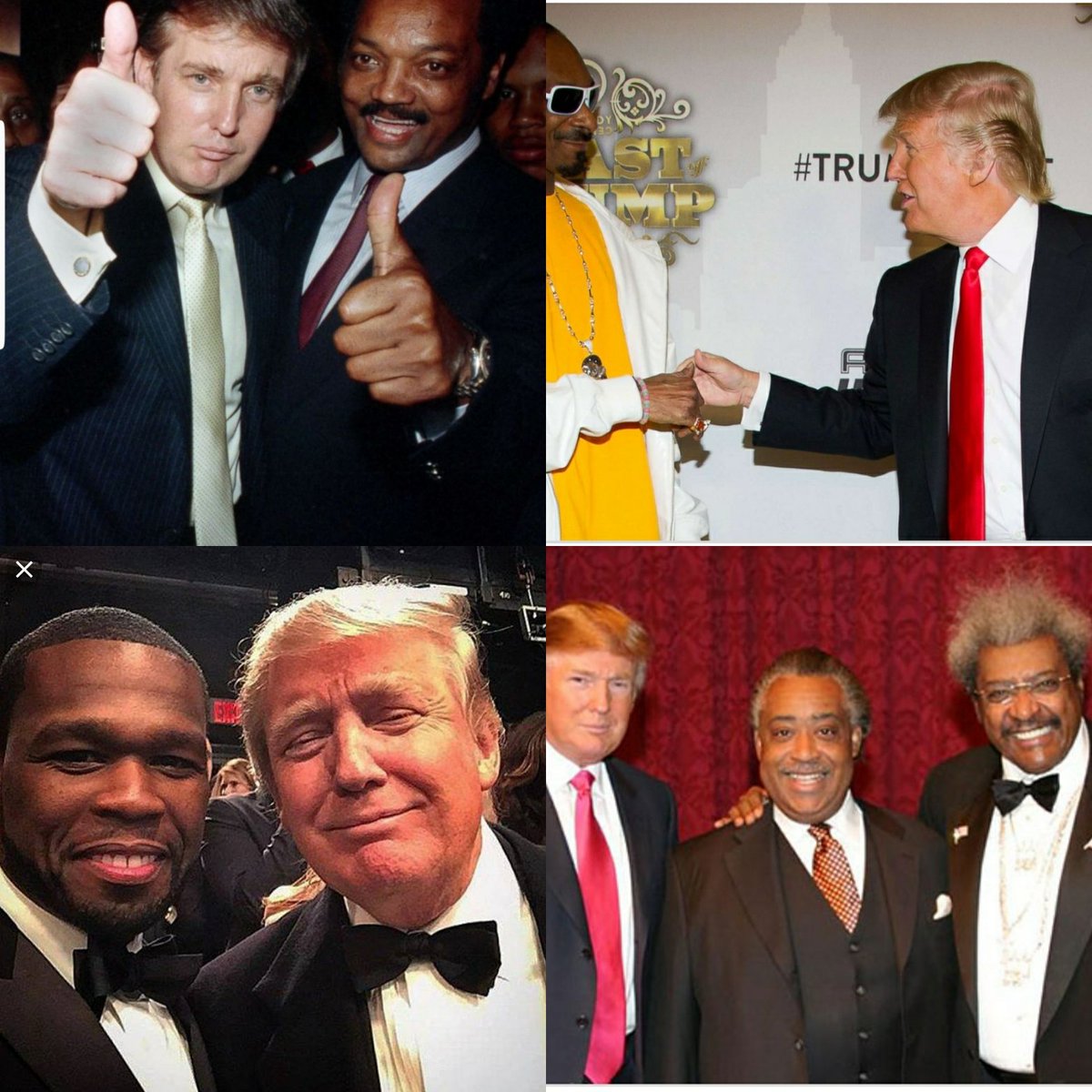THE POWER TO DESTROY
Book describes covert effort to discredit 'right-wing' groups
It didn’t seem to bother admirers of John F. Kennedy when a new book reported in May that he had an affair with a White House intern only just out of prep school. Robert Dallek, the sympathetic biographer who revealed this detail in his “An Unfinished Life,” even was blessed with an invitation to speak at the Kennedy Presidential Library by Boston harbor. For many liberals, it seemed a way to put the Clinton affairs in perspective.
But there is another revelation in a new book that hasn’t been given so much attention by the press and other Kennedy enthusiasts. This is the case even though the book was offered by a respected publisher and written by a distinguished historian and political liberal.
Citing a wealth of freshly uncovered documents, the new book charges that the Kennedy administration used the IRS to go after its perceived enemies on a scale perhaps even beyond that charged against Richard M. Nixon.
In “Power to Destroy: The Political Uses of the IRS from Kennedy to Nixon,” author John A. Andrew III presents new evidence for what he calls “the utilization of the Internal Revenue Service in what became a covert effort to discredit the right and undercut its sources of support” as part of “a broad assault on the right wing by the Kennedy administration.”
Although the charge that the Kennedy administration used the IRS to harass its critics has turned up before in books such as Victor Lasky’s “It Didn’t Start With Watergate,” Andrew, by years of research – including visits to presidential libraries and Freedom of Information Act requests – uncovered a paper trail from the IRS to the administration. Also adding credibility to his findings is that Andrew, a professor of history at Pennsylvania’s Franklin & Marshall College who died in November 2000, was a liberal Democrat.
According to his friend and colleague David Schuyler, a professor of American studies at Franklin & Marshall who edited the book, Andrew was for years chairman of the Lancaster City Democratic Committee. Noting that Andrew also had impressed conservatives with his book “The Other Side of the Sixties,” about the rise of conservative groups such as Young Americans for Freedom, Schuyler remarks, “A lot of people who didn’t know John as a liberal Democrat thought he was a conservative because his book was so judicious.”
And it was through researching that book in the mid-1990s that Andrew first heard about conservative groups being harassed by the IRS under Kennedy and, to some extent, Lyndon B. Johnson. The new book, published by Ivan R. Dee, the prestigious Chicago publisher of serious nonfiction, draws on old and new material to show the lengths Kennedy went to crush his opponents. (Neither the Kennedy nor Johnson presidential libraries returned phone calls for comment on this controversial issue.)
“He was really a very charged political animal, and he didn’t brook opposition, and he’d use whatever tools he could to go after them,” said Schuyler, who also describes himself as a liberal Democrat. “I think [Kennedy and Nixon] were probably much more alike in terms of their personalities than most people realized. They were ruthless achievers trying to get ahead at whatever the cost.”
And Andrew found that the IRS was one of Kennedy’s first priorities. “During the Kennedy administration … officials screened all key IRS appointees for political loyalty,” Andrew wrote. “Being a Democrat was not always sufficient; appointees also had to be loyal to the administration.” Within the first week of his presidency, Kennedy appointed a new IRS commissioner: Mortimer Caplin, who had been a professor at the University of Virginia and who taught JFK’s brothers Ted and Robert, the latter by then attorney general.
The so-called “radical right” was a b?te noire to the Kennedys. Likely at the administration’s request, liberal activist Joseph Rauh of Americans for Democratic Action and radical unionist brothers Victor and Walter Reuther wrote what became know as the “Reuther memorandum,” which was delivered to Robert Kennedy in December 1961. A 24-page guide to “possible administration policies and programs to combat the radical right,” the memo said the administration shouldn’t hesitate to sic the IRS on tax-exempt, right-wing organizations. “Prompt revocation in a few cases might scare off a substantial part of the big money now flowing into these tax-exempt organizations.”
How much the Reuther memorandum influenced the IRS’ actions has been the subject of debate for the last 40 years. Robert Kennedy at one point denied he even saw it. But Andrew documents that there was frequent communication between IRS and administration officials about the targeting of conservative groups.
In late 1961, JFK gave a series of speeches on the “discordant voices of extremism.” When asked at a press conference about contributions to “right-wing extremist” groups, he said that while he thought the federal government shouldn’t interfere with free speech, it should be concerned about “a diversion of funds which might be taxable to – for nontaxable purposes.” He then added in what appeared to be taken as a directive from the president, “I am sure the Internal Revenue System examines that.”
In his 1989 IRS history, A Law Unto Itself, journalist David Burnham reports that “within a day or two” of that press conference, “the agency launched a test audit of 22 ‘extremist organizations.'” Before this, Burnham and Andrew report, the IRS rarely had audited ideological groups because it was time-consuming and didn’t produce much revenue.
The groups the IRS audited ranged from strongly anti-communist organizations such as the John Birch Society to traditional conservative organizations such as the National Education Program of Harding College. Coincidentally or not, the Reuther memorandum had singled out many of these groups.
Bits and pieces of this targeting of conservatives have surfaced over the years, but Andrew shows it was an operation similar in scale to Nixon’s infamous Special Services Staff. Called the “Ideological Organizations Project,” the covert Kennedy scheme lasted through the Johnson years into the mid-1960s. In late 1963, just before Kennedy was assassinated, the IRS was prepared to audit 10,000 organizations.
And the White House was kept apprised. In late 1961, Andrew wrote, Robert Kennedy’s assistant John Seigenthaler called Caplin’s assistant Mitchell Rogovin “to inquire about the tax-exempt status of four or five right-wing organizations.” In May 1962, according to Andrew, “Caplin sent a list of organizations that the agency was auditing to Attorney General Robert Kennedy.” Caplin sent a confidential progress report to White House aide Myer Feldman in July 1963 and also went to the White House to review the audit program later that month.
“Although investigators later found no evidence linking either the White House or the attorney general to requests that specific organizations be audited, they did reveal that at least one member of the White House staff had reviewed the proposed targets … and recommended the deletion of two organizations” from the “enemies list,” wrote Andrew.
Also in July 1963, Caplin received a phone call from President Kennedy himself. A brief note scribbled on the report Caplin sent Feldman read: “President Kennedy called Commissioner re attached. Wants the IRS to go ahead with aggressive program – on both sides of center.”
Defenders point to the “both-sides-of-center” comment as indicating that the audits were fair. Reached by telephone for an interview, Caplin, who cofounded the Washington law firm Caplin & Drysdale upon leaving the IRS, admitted there was some direction from the administration to look at right-wing groups. But he said he insisted the IRS draw up a list of liberal groups to make sure there was balance.
“We did get a communication from someone in the White House pointing out that a lot of these so-called right-wing organizations were abusing their tax exemption,” Caplin recalls to Insight. “I knew that if we at the IRS were looking into these so-called abuses and only focusing on the so-called right wing, that we would not be doing our job. So we formed a task force, and we wanted to make it a balanced examination program, both right and left.”
Caplin says his IRS was “whistle-clean” in these matters and that Kennedy was “hands-off.” He notes that JFK supported his decision not to fire Massachusetts IRS employees who were accused of harassing Democrats. “I really think it was a very clean operation, which became much different during the Nixon years.”
But Andrew wrote that his research showed the list of liberal groups largely was a cover for strikes against Kennedy’s political opponents on the right. He points to an internal IRS report that found “75 percent of the audits completed were of right-wing groups.”
Furthermore, Andrew argues that the groups were targeted because of their prominence rather than any alleged tax problems. Caplin had written in a memo that “we are not certain any of these organizations or their benefactors are failing to comply with the tax laws.” Andrew noted that “both the Birch Society and Robert Welch Inc., moreover, had been examined in 1960 [before Kennedy came to office], but the IRS had been unable to uncover significant problems. They were included for 1961 [quoting the IRS] ‘because of widespread interest in the activities of these organizations.'”
Some critics have noted that the auditing of left-wing groups among JFK’s enemies served Kennedy’s purposes as well. One of the few left-wing groups selected for audit was the Fair Play for Cuba Committee – a pro-Castro organization for which Kennedy assassin Lee Harvey Oswald was an organizer – that had attacked JFK for being too hawkish on Cuba.
Andrew’s book does not delve into the many stories of Kennedy opponents who were audited. Schuyler explained that because of privacy laws and general IRS barriers it is almost impossible for a researcher to access the personal audits of taxpayers.
In his 1977 book, Lasky wrote that Nixon told him that both Nixon and presidential campaign manager Robert Finch were subjected to IRS audits in 1961, just after Nixon had lost the presidency to Kennedy.
And in his 1976 book, Conversations With Kennedy, the Washington Post’s then-executive editor Ben Bradlee revealed that Kennedy had shared with him information from the tax returns of billionaires J. Paul Getty and H.L. Hunt and hinted that he had ordered the audit of a steel executive.
Donald Alexander, the Nixon-appointed IRS commissioner credited with ending Nixon’s politicization of the agency, notes that Bradlee and many other so-called civil libertarians have different standards for Nixon and Kennedy.
“It was a terrible abuse of power when Nixon did it, and it was hilariously funny when Kennedy did it,” Alexander remarks. “And Kennedy actually did it.”
What Alexander means by this last remark is that although Nixon and his aides did pressure the IRS to look at enemies, little evidence of follow-through has surfaced, according to congressional investigators. Of his two predecessors that Nixon appointed, Alexander says, “I don’t think they did, and I know I didn’t [audit enemies].” Caplin, by contrast, “folded,” Alexander says. Whether the Johnson administration also misused the IRS still is unanswered.
“Unlike the Kennedy period, no evidence has yet emerged that directly links President Johnson” to political audits, Burnham wrote. But in Goldwater, his biography of 1964 presidential candidate Barry Goldwater, historian Lee Edwards notes a third-party statement from the late Hoover Institution director Glenn Campbell that Johnson had called an unnamed businessman and threatened an IRS audit if the businessman didn’t endorse him in the 1964 race.
Sheldon Cohen, the Johnson appointee who took the commissioner’s post in 1965, acknowledges the existence of an Ideological Organizations Project, but says he ended it.
“I disbanded it as soon as I became commissioner,” he tells Insight. “We went back to dealing with tax issues in the regular way.” (Caplin shot back that Cohen never objected to the project when he was serving as chief counsel under Caplin in 1963 and 1964.) Cohen adds, “I had an agreement with the president from day one never to look at groups for political purposes.”
Audits of conservative groups, such as the American Enterprise Institute (AEI) and the Foundation for Economic Education, did continue through the mid-1960s under Johnson’s and Cohen’s tenure. But Andrew writes that those audits began in 1964, which was before Cohen became commissioner.
The nearly two-year audit of AEI was particularly suspect, Edwards notes, because its president, William Baroody, had taken leave to become chairman of the Goldwater campaign. “There was nothing AEI was doing in 1964 that it hadn’t been doing in 1962 or ’63,” Edwards, a fellow at the conservative Heritage Foundation, tells Insight. He contends that, after the audits, “Baroody was afraid to do any type of legislative analysis.”
Of the ideological audits of the Kennedy and Johnson years, Edwards concludes, “It did have a chilling effect.”
John Berlau is a writer for Insight magazine.







































